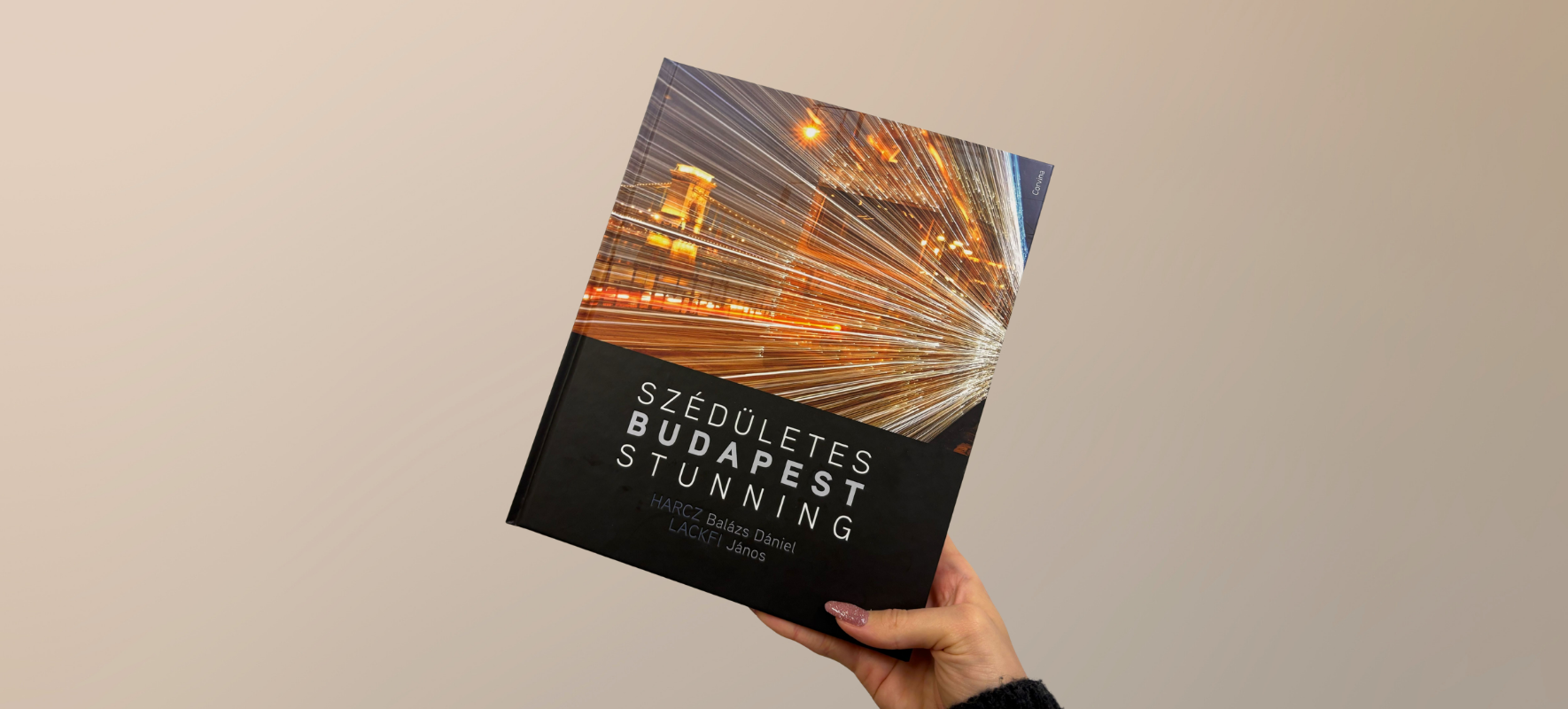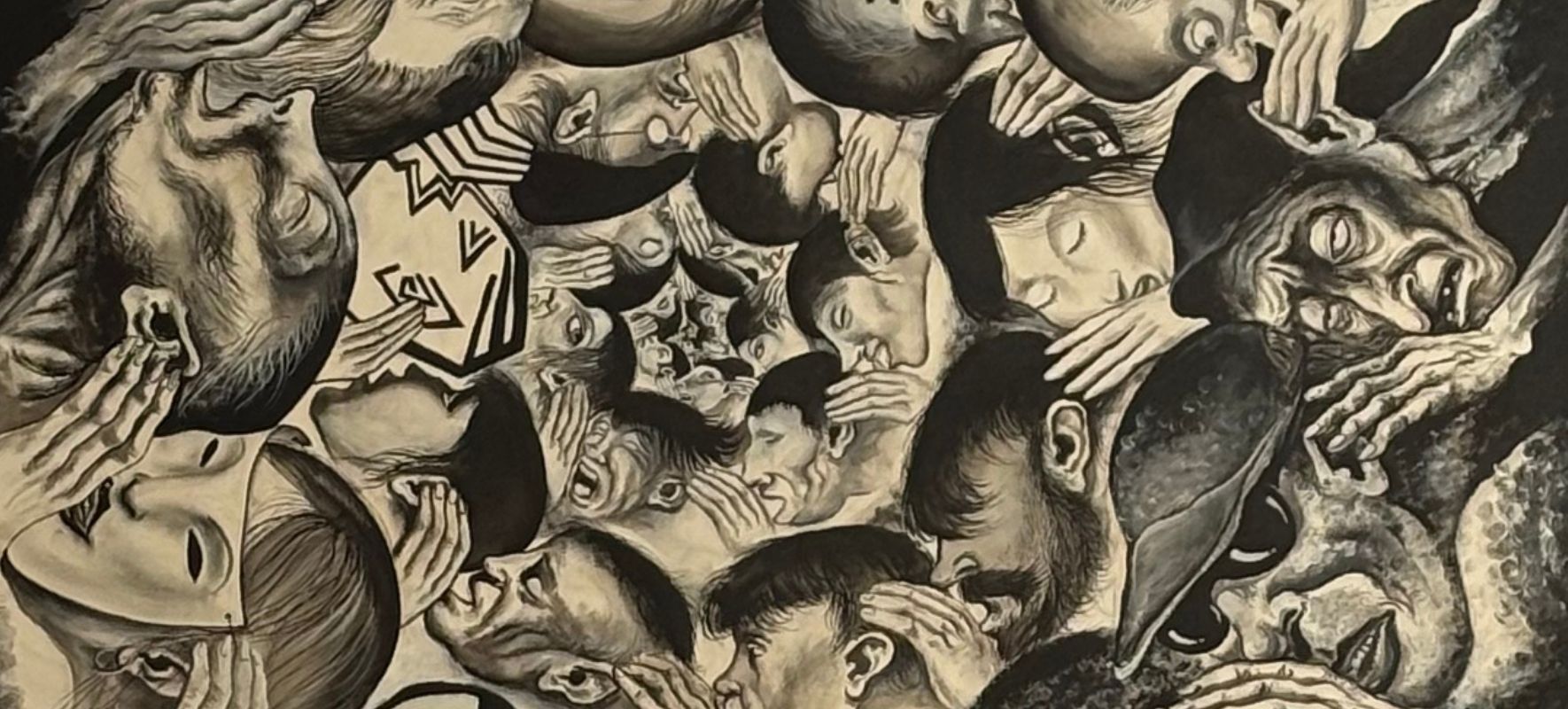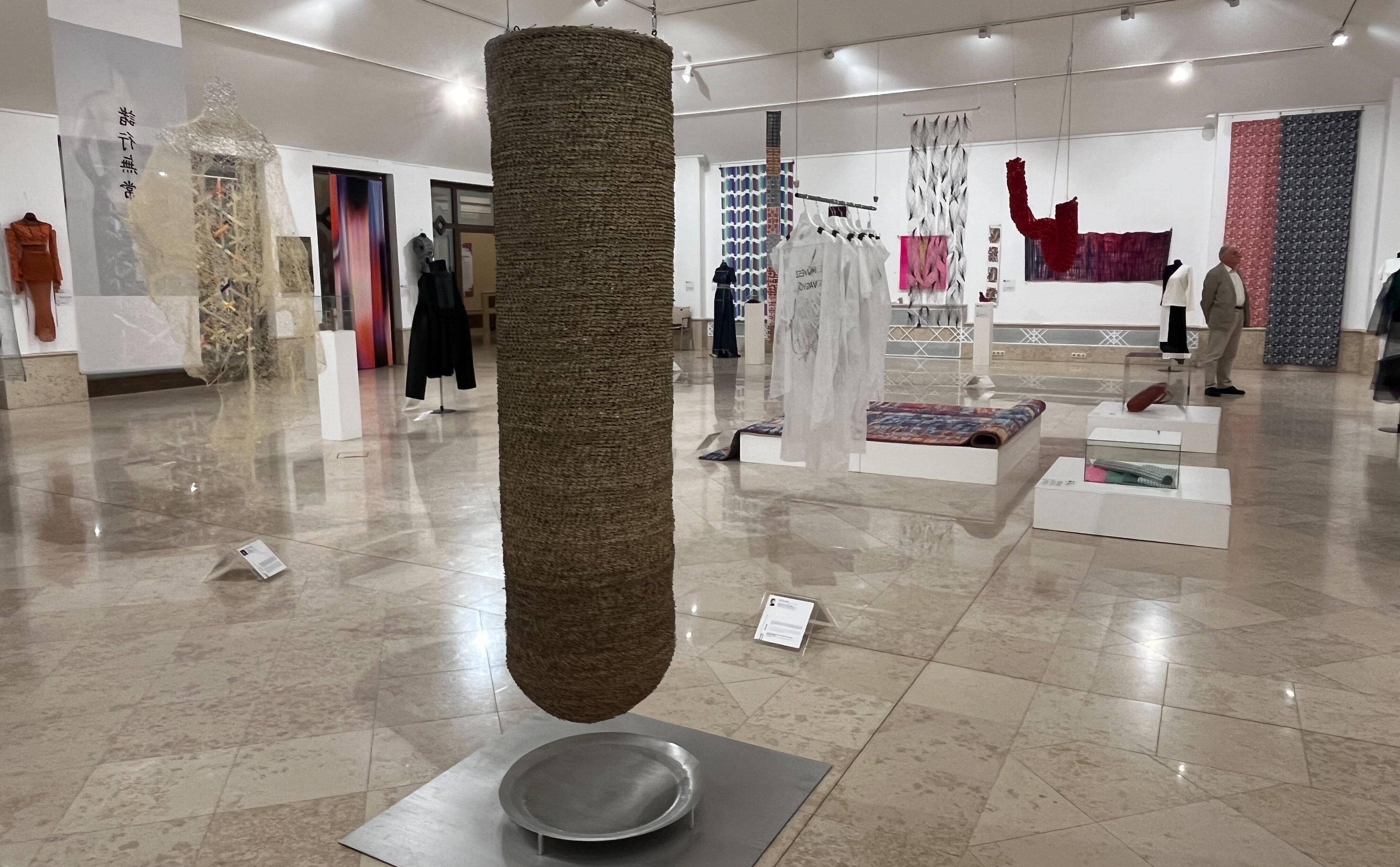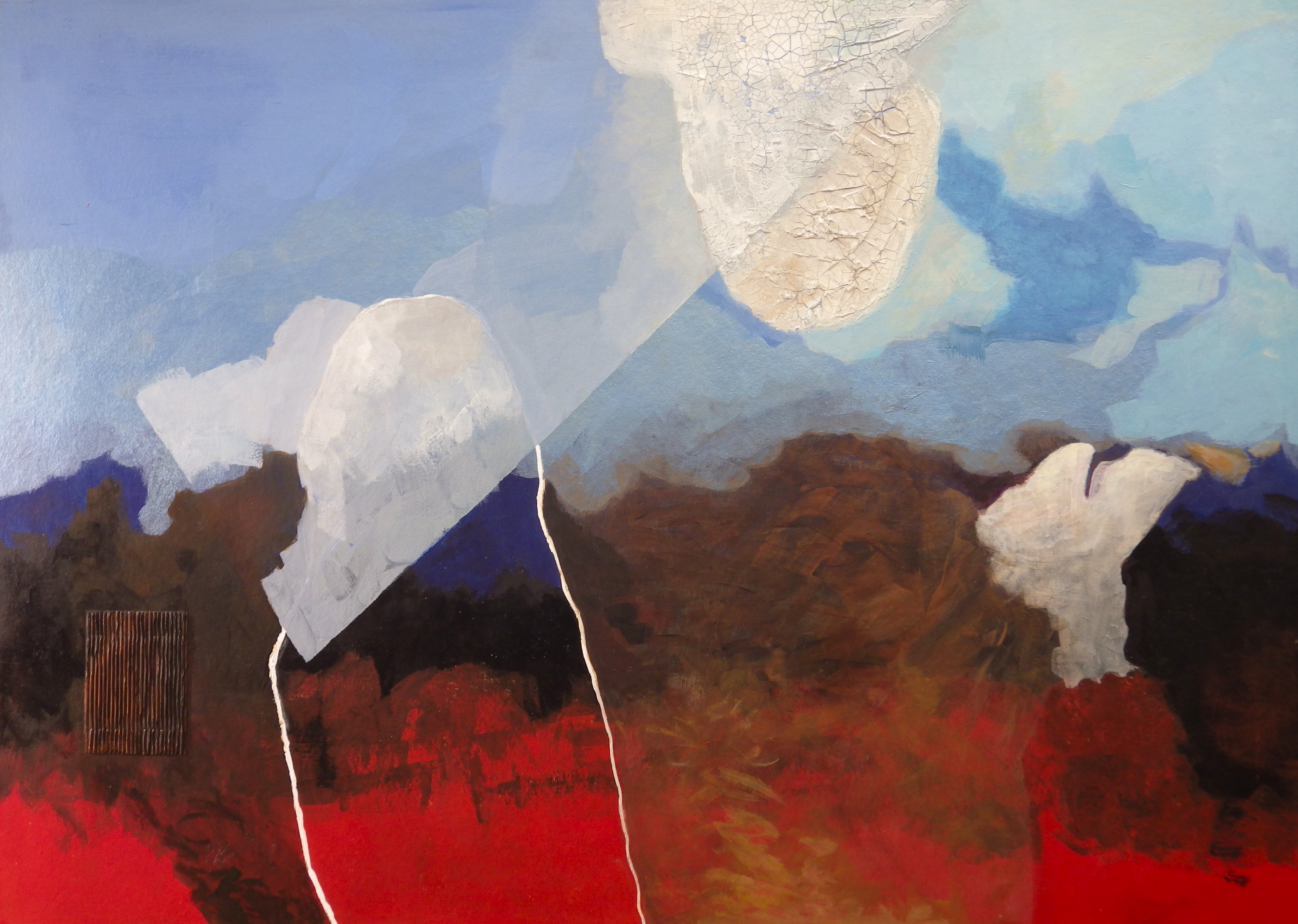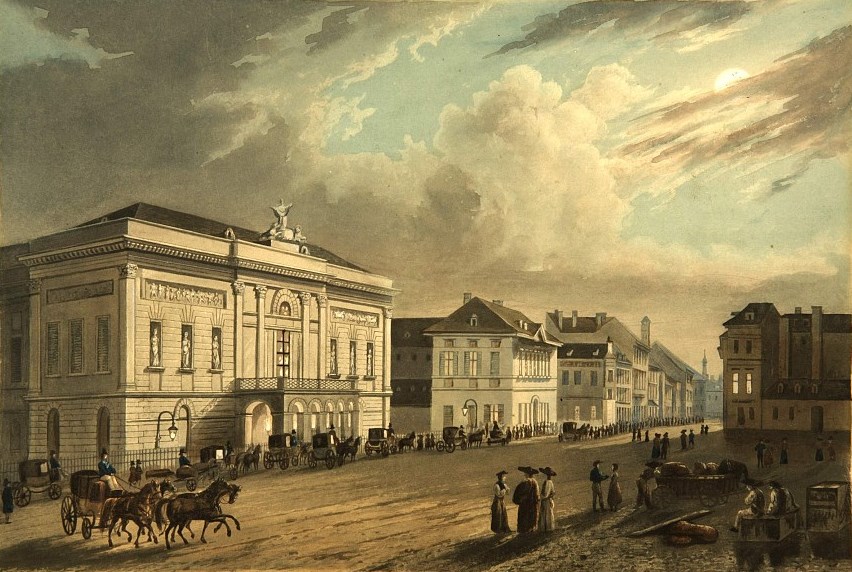
Mosaics from Pesti Vigadó's History
In March 1875, the whole town of Budapest was buzzing with excitement: Budapest's Pesti Vigadó was to host a musical worldwide sensation featuring Franz Liszt and his son-in-law Richard Wagner in the scope of a joint concert. The German composer was collecting donations for the Beyreuth-based (Germany) theatre under completion at that time, and his joint concert with Franz Liszt, who was already quite popular in Hungary, was envisaged to bring in a nice amount of money for the charitable cause. The general public's intense interest in this event is truthfully reflected by accounts published in contemporary newspapers, which discussed the performers' daily activities and programmes in great length and detail.
At 10:10 on 7th March 1875, Sunday, Wagner arrived by train from Vienna in Budapest (in the company of his wife Cosima Liszt and Franz Liszt himself, with the latter having travelled to the Hungarian town of Esztergom to meet them). In Budapest Wagner was greeted by a crowd and a large number of fans. There was not much time to relax after the tiring journey as the 10th March date of the concert was rapidly approaching. With this in mind, on the next day and on the day following this day Wagner personally visited the rehearsals taking place in the first floor based hall of the Hungarian National Theatre, then located opposite Hotel Astoria. An issue of the contemporary daily Budapesti Közlöny writes about a very interesting detail:
"The complete rehearsal of the concert took place on 9th March in Vigadó, behind closed doors. The Master said he would collect the keys to all doors and keep them with him until the rehearsal was over. There are still a few tickets left to the concert."
This precaution is probably explained by Wagner's intention to keep things fully secret. If people could have sneaked in to listen to the rehearsal, the pieces to be played at the concert would have become public and known prematurely.
The importance of Wagner's presence in Budapest is also underscored by the fact that on 9th March the Hungarian National Theatre performed Wagner's The Flying Dutchman, which – this time – was staged in the presence of the composer himself. During the performance, the German music composer sat in one of the boxes, actually next to the royal box, in the company of Cosima Liszt and of his former student Baroness Maindorf, née Countess Nesselrode. Franz Liszt was also mentioned by contemporary journalists as the famous Hungarian composer was also present at the performance.
Ultimately, the concert on 10th March went beyond all expectations. "Despite the quite hefty ticket prices, there were so many people in the music hall of the Redoute (which building formerly stood in the place of Pesti Vigadó) that no other concert so far had seen," the 14th March issue of the Hungarian weekly Vasárnapi Újság writes. Apropos ticket prices: tickets to the boxes cost 50 Hungarian forints, tickets to stalls cost 20 Hungarian forints, while tickets to special seats at the sides cost 10-15 Hungarian forints. To put these prices in perspective, let us note that subscription to the above weekly offering 52 issues annually cost 8 Hungarian forints. To everybody's delight, the contemporary journalist was glad to note that "the proceeds from the performance totalled about 9000 Hungarian forints, from which a quite large sum will be donated to the Beyreuth-based theatre". All in all, this big sum was Budapest's contribution to the construction of Wagner's theatre in Germany.

